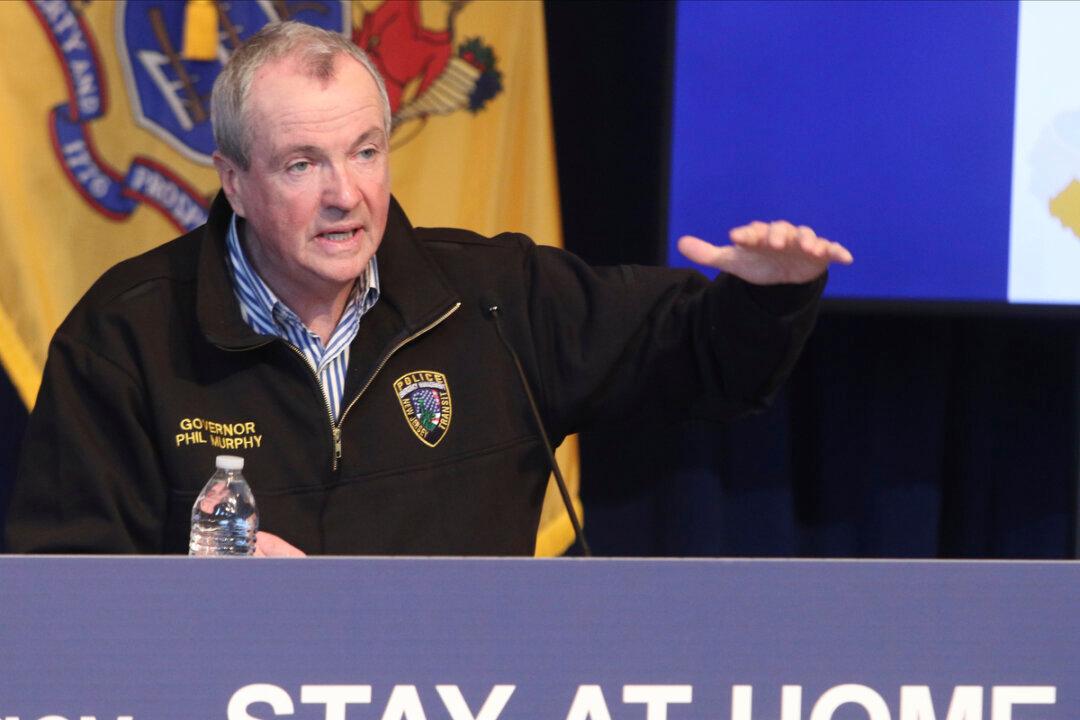New Jersey’s Democrat Gov. Phil Murphy signed into law on Friday a bill that would end the public health emergency declared 15 months ago due to the CCP (Chinese Communist Party) virus pandemic but would also extend some of the governor’s pandemic-related powers until 2022.
“This legislation ensures that the Administration has the tools and flexibility necessary to continue vaccination and testing efforts, ensure protections for vulnerable populations, and oversee and coordinate the health care system to address this ongoing threat,” Murphy, New Jersey Senate President Stephen Sweeney (D), and Assembly Speaker Craig Coughlin (D) said in a joint statement.





